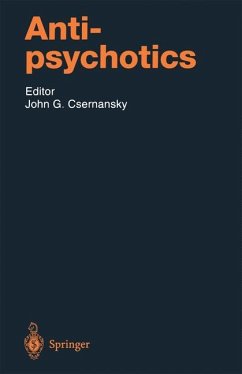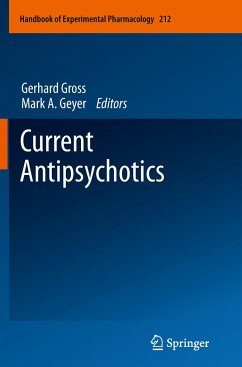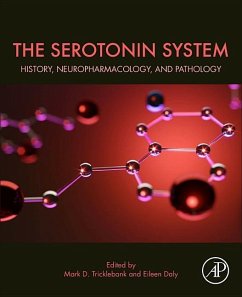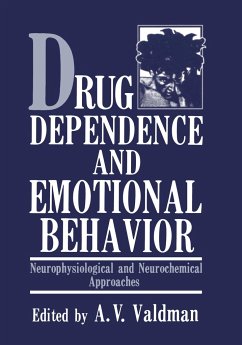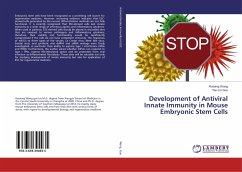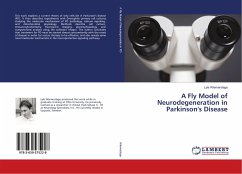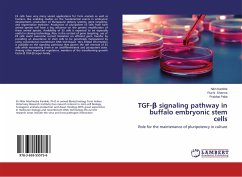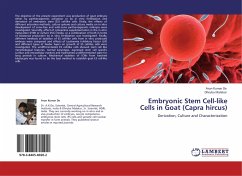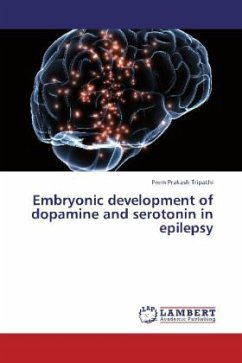
Embryonic development of dopamine and serotonin in epilepsy
Versandkostenfrei!
Versandfertig in 6-10 Tagen
32,99 €
inkl. MwSt.

PAYBACK Punkte
16 °P sammeln!
The embryonic development of the Central Nervous System (CNS) requires an orchestrated series of events tightly regulating the patterning and regionalization of the neural tube, as well as the proliferation and differentiation of distinct neuronal populations. All these events are controlled by cascades of activation of transcription factors that regulate the expression of specific subsets of genes in restricted regions and neuronal populations of the developing CNS. Among these transcription factors, homeobox-containing proteins play a crucial role, and altered expression of these factors can...
The embryonic development of the Central Nervous System (CNS) requires an orchestrated series of events tightly regulating the patterning and regionalization of the neural tube, as well as the proliferation and differentiation of distinct neuronal populations. All these events are controlled by cascades of activation of transcription factors that regulate the expression of specific subsets of genes in restricted regions and neuronal populations of the developing CNS. Among these transcription factors, homeobox-containing proteins play a crucial role, and altered expression of these factors can impact embryonic and adult CNS functions. In particular, homeobox-containing genes have been described to crucially regulate differentiation of dopaminergic and serotonergic neurons during brain development. Classical pharmacological studies clearly showed that both dopamine and serotonin markedly regulate seizure susceptibility through specific receptor pathways. Our recent studies, performed on classical and conditional knockout mouse lines, demonstrate that altered embryonic development of dopaminergic and serotonergic neurons results in altered seizure susceptibility in the adult life.




